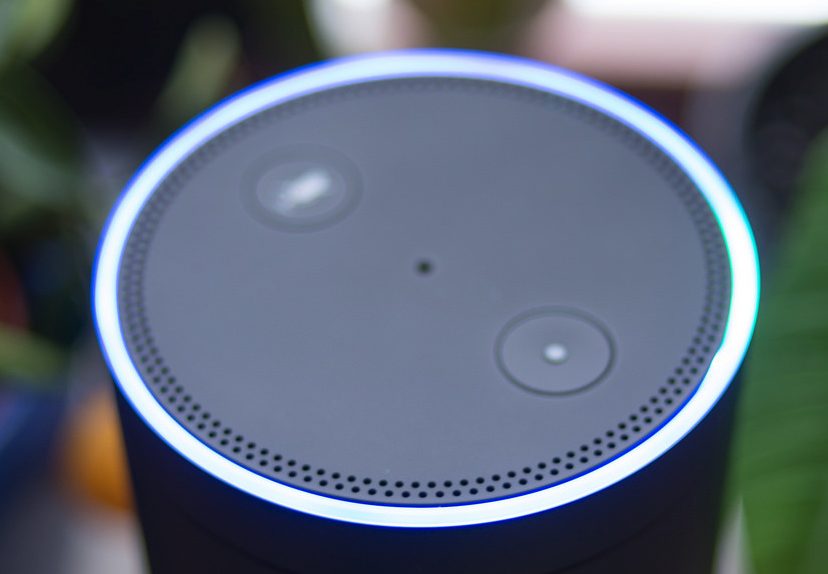If you’re Amazon and a big believer that voice inputs form an increasingly important technology platform, then the natural reaction is to put your Alexa-powered smart speakers into as many places as possible. You’ll also give Amazon’s digital assistant Alexa as expansive a library of “skills” as possible.
And of course you’ll want to have as many of the smartest people as you can get working on making Alexa even smarter, more intuitive and more useful, which keeps that whole flywheel of a virtuous cycle constantly in motion. Amazon, of course, is doing all of those things.
The company announced today it’s working with 14 new universities this year as part of the 2018-2019 Amazon Alexa Fellowship, under which two programs are housed. One is a fellowship focused on working with Ph.D. and post-doctoral students around topics like machine learning and conversational AI. The other is focused on helping entrepreneurship center faculty to serve as expert resources in voice interfaces on their campus.
Amazon bumped up the pool of universities it’s working with on this from four last year to, with the 14 added this year including MIT and Cambridge, now a total of 18. In a company blog post today, Amazon said the decision to pursue that increase “represents our belief in the potential these students have to invent the next big thing.
“Voice is the most natural, convenient interface and we believe it can change the way humans interact with technology. To achieve this reality, we need to solve many hard conversational AI challenges, ranging from automatic speech recognition to natural language understanding to text-to-speech. We must also help entrepreneurs build voice interfaces into their technologies.”
To do that, of course, the company has needed to snag as many top engineers and scientists as possible to work at Amazon on those problems. At the same time, there’s also been an emphasis on making it easier and more accessible for people outside of Amazon to get involved in their own way with the work around conversational AI.
“That’s why we launched the Alexa Skills Kit (ASK) and Alexa Voice Services (AVS) and allocated $200 million to promising startups innovating with voice via the Alexa Fund,” the company says.
“Just as we engage developers to build with Alexa, it is important for us to support the academic community that continues to tackle the hardest of challenges that can advance voice technology. That’s why last year, we introduced the Alexa Fund Fellowship as a way to support researchers at top universities focused on speech and language technologies.”
Other tech giants, it should be noted, are pursuing a version of this same thing. Google, for example, created a Ph.D. Fellowship program almost a decade ago that supports faculty, researchers and entrepreneurs across several different disciplines.
A TechCrunch report, meanwhile, notes there are already multiple projects under way as part of Amazon’s university partnerships. There’s Alexa Graduate Fellow Jessica van Brummelen, for starters, who’s “exploring ways to make conversational A.I. interfaces easier to create and learn at MIT. Alexa Innovation Fellow Andrew Singer, the Associate Dean of Innovation and Entrepreneurship at the College of Engineering at the University of Illinois at Urbana-Champaign, is teaching a course on audio and signal processing that uses the Alexa Voice Services development kits. And Alexa Graduate Fellow James Thorne is studying new methods to use A.I. to verify information accuracy by way of follow-up questions at Cambridge.”








